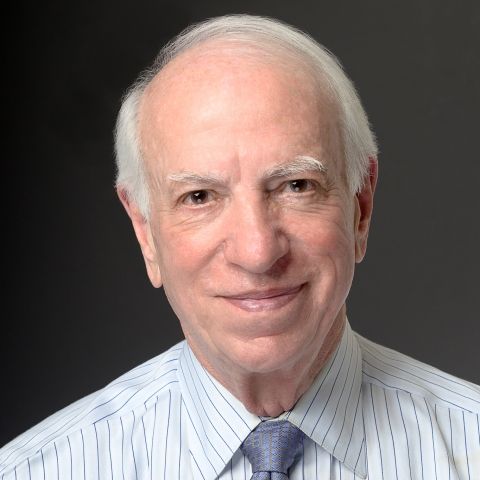
Coercive Psychiatry and Human Rights: An Assessment of Recent Changes in the Soviet Union
In light of the historical context in which the visit of the United States delegation took place, the emphasis was on the political abuse of psychiatry. It should be clear, however, that the repression of dissidents is only the most visible manifestation of a system of psychiatric control that has been, and continues to be, profoundly insensitive to human rights. Although some tentative steps have been taken to subject coercive psychiatry to the rule of law, these limited initiatives have not yet become operational. Implementation of the legal reforms recommended by the delegation would help to reduce the likelihood that the pattern of psychiatric repression will reemerge. But the proposed reforms have a larger purpose—to assure that the practice of psychiatry in the Soviet Union is properly respectful of fundamental human rights, whether or not the patients have engaged in political or religious dissent.